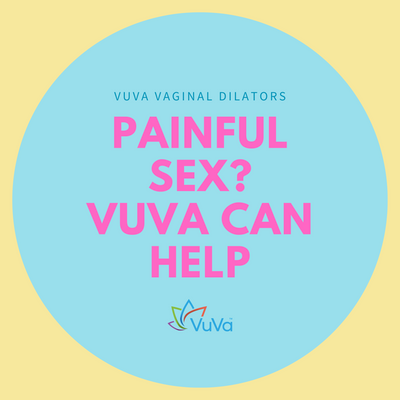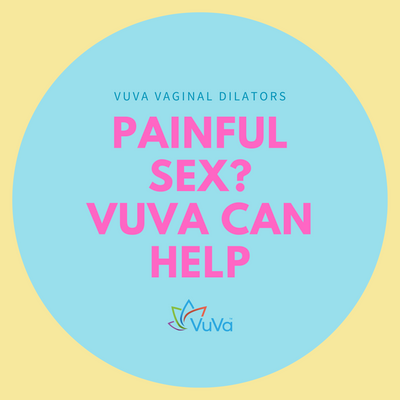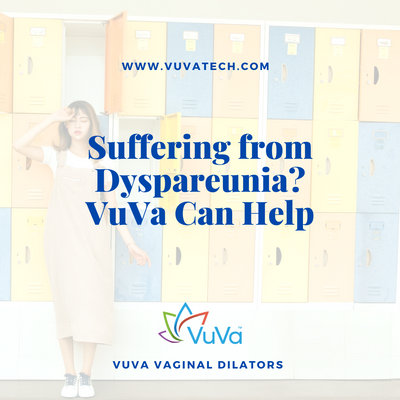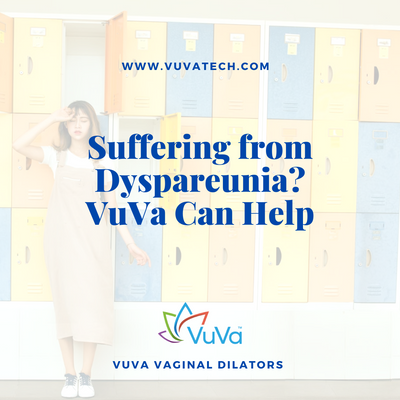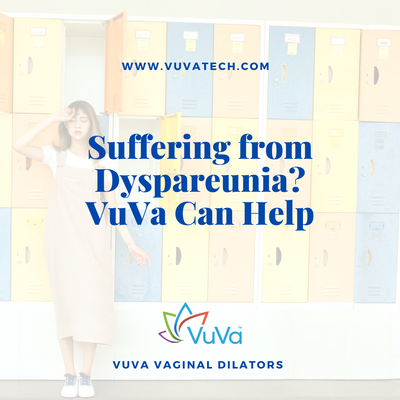
| Brett Farrow
Postpartum Dyspareunia: What is it and how do you fix it?
Postpartum dyspareunia is the term for painful sex after childbirth. We all know that childbirth is no walk in the park, but it doesn’t seem that painful sex after childbirth is given much consideration. Obviously the idea wouldn’t stop you from becoming a mother, but it might surprise you to know that between 50 and 60% of new mothers report postpartum dyspareunia at around six or seven weeks after the birth. Another 30% develop it as late as six months afterwards.
You might think that having a cesarean section would put paid to that possibility, but statistics indicate that it doesn’t make any difference. In other words, painful sex after childbirth can happen to women regardless of the way their baby was delivered. The term dyspareunia refers to pain during (or after) intercourse, pain on penetration, or at orgasm.
Why don’t more women known about postpartum dyspareunia?
Statistics are obviously being collected but lots more women don’t report the problem to their doctors, perhaps hoping that the problem will fade with time. Doctors don’t always highlight the potential issue to moms-to-be either, preferring to focus on birth control, healing and timelines for reintroducing intercourse.
It may be because of this initial omission that women don’t think to report it when it does happen to them. Another reason might be that postpartum dyspareunia doesn’t always kick in until after the scheduled check up with the Doctor has passed. Some women are shy about reporting any kind of sexual issues at all, which could account for inaccurate statistics in all areas of female sexual health.
What are the symptoms of Postpartum Dyspareunia?
Painful sex after childbirth can be one challenge in a list of many for new moms. The pain of postpartum dyspareunia has the same symptoms of dyspareunia. Symptoms are likely to include one or more of the following:
- Pain at penetration (sometimes, or every time)
- Pain when inserting a tampon
- Deep pain during thrusting
- Burning, throbbing or aching pain
- Pain that lasts for hours after intercourse
- New pain even when sex didn’t hurt previously
However, after giving birth women are likely to experience other postpartum symptoms that may contribute to or cause their dyspareunia, such as:
- Vaginal dryness
- Vaginal tightness or looseness
- Bleeding or irritation during or after sex
- Loss of libido
- Weakened or tight pelvic floor muscles (tightness can be an over-compensation for weakness through pregnancy, cesarean section or tearing)
- Fatigue and stress
It can take some time for estrogen levels and libido to return to normal, which often means they don’t feel like having sex at the best of times. If sex hurts when they do, this can create a negative cycle of avoidance.
What can you do to treat postpartum dyspareunia?
Fortunately it is often easier to treat postpartum dyspareunia than painful sex from other causes. Firstly, it although we wouldn’t encourage you not to breastfeed as it is good for your baby, it’s worth noting that breastfeeding can still reduce your estrogen levels. So it helps to be aware that while breastfeeding, your chances of having postpartum dyspareunia may be higher.
According to a study by the NCBI called "Risk Factors for Dyspareunia After First Childbirth", there were 2,911 women who participated in the 6 months postpartum interview, representing 96.8% of the original study group. Among these women, 2,748 (94.4%) reported that they had resumed sexual relations by the time of the 6 month interview.
If you are suffering with postpartum dyspareunia, it is important to check in with your Doctor or gynecologist. You can also try pelvic floor strengthening exercises if you are experiencing tightness, or pelvic floor stretches if the problem is weakness. If dryness is the issue, you may be prescribed an estrogen cream, or you could try a personal lubricant.
If you are having muscular issues, you could make an appointment for pelvic floor physical therapy, which you may be referred to anyway if painful sex becomes a big problem or your Doctor doesn’t have a solution. Last but by no means least, many women successfully overcome dyspareunia by using vaginal dilators. Ultimately it should not take too long to overcome postpartum dyspareunia, although you may need a little help through healthcare providers and useful products.
VuVa Helpful Links:
7 Reasons for a Tight Vagina and How to Loosen
How to Relax Vaginal Muscles, Vaginismus & Sex
Vaginal Stretching - Keeping in Shape with Dilators
Do Dilators Really Work? Yes, and They can Improve Your Sex Life!
Shop for VuVa Vaginal Dilators



